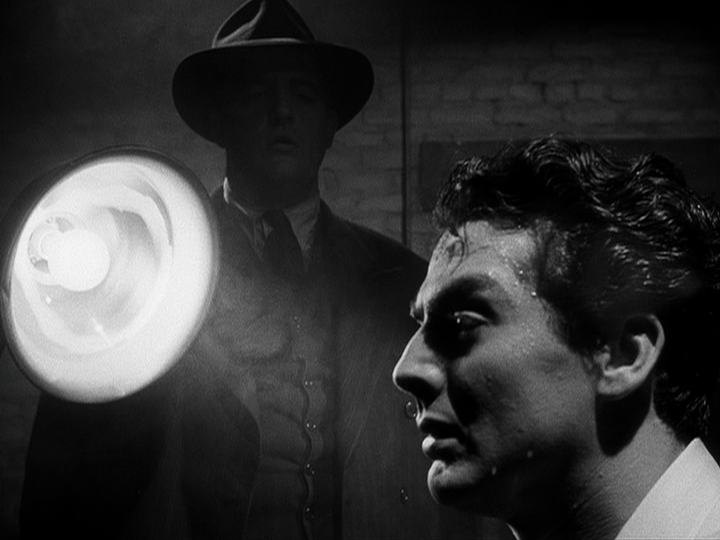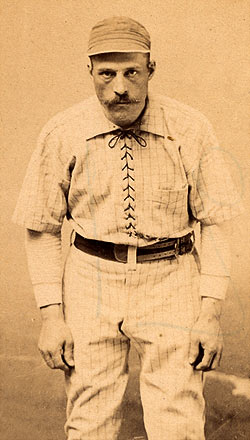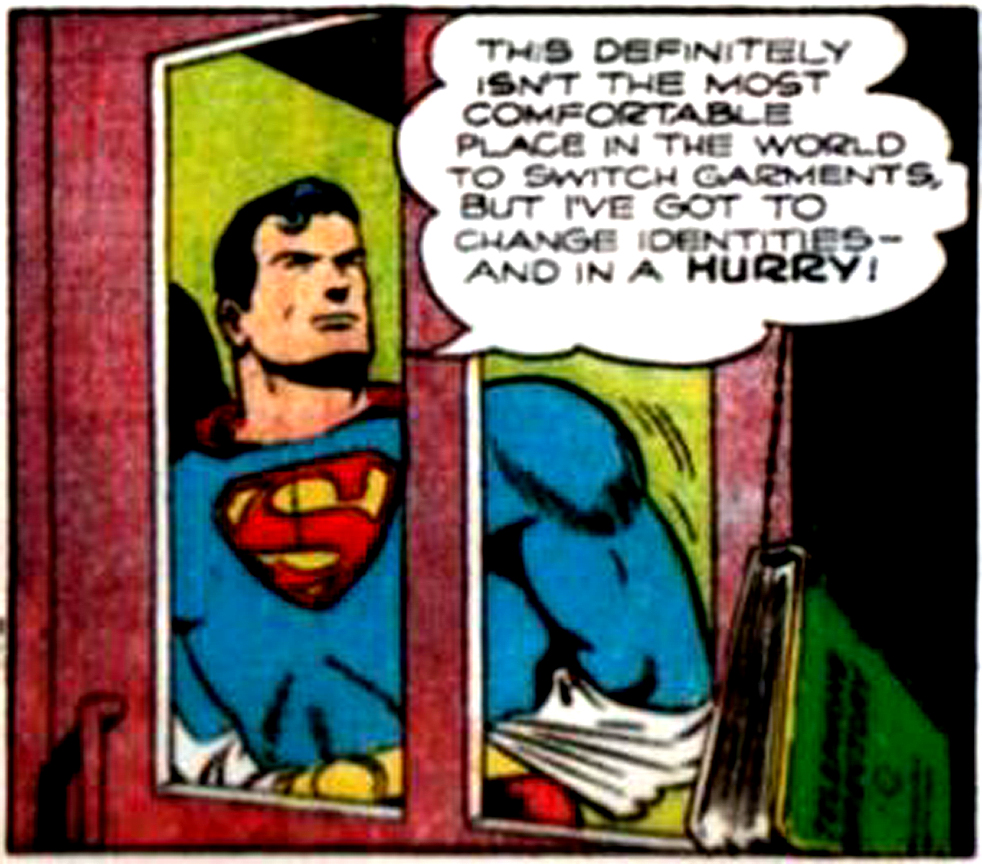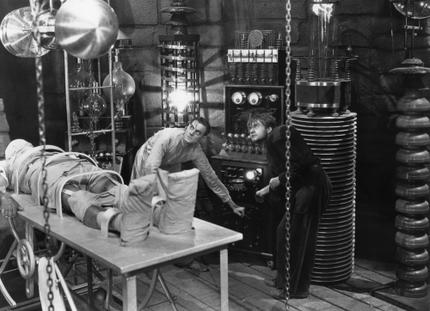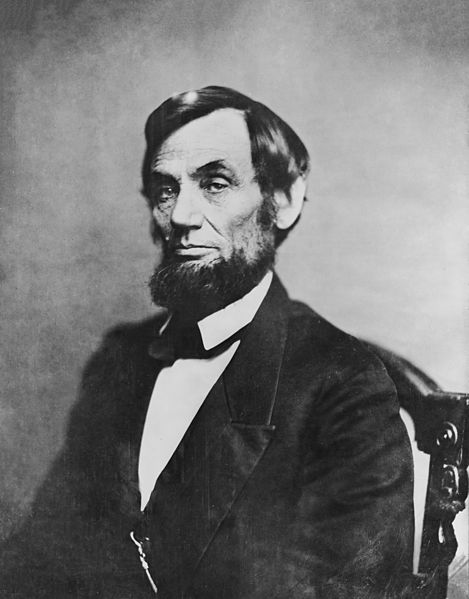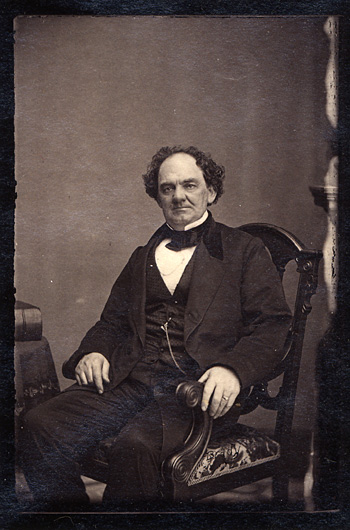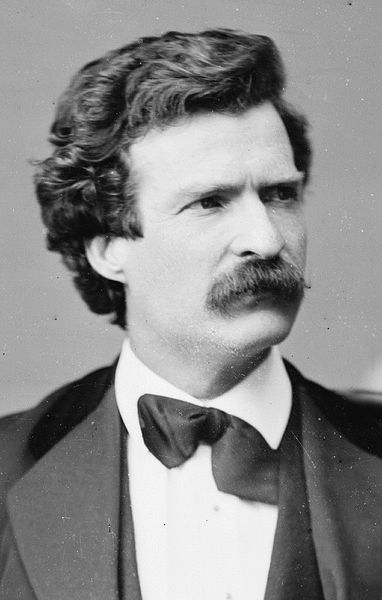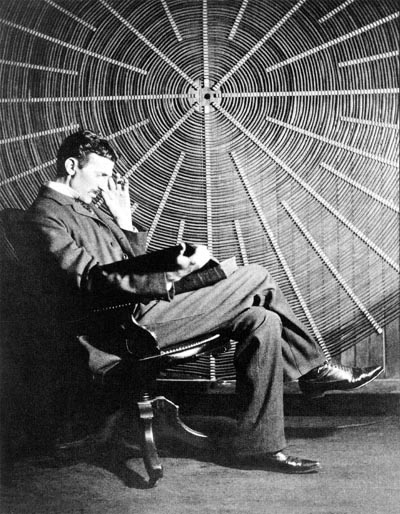There’s nothing more human than denying guilt when we’ve done something wrong, but most of us can’t even imagine the reverse scenario. From “The Confessions of Innocent Men,” Marc Bookman’s Atlantic article about a puzzling phenomenon, people who admit to crimes they never committed, oftentimes not because of duress:
“People have been admitting to things they haven’t done for as long as they’ve been committing crimes. On the North American continent, prominent examples reach back to 1692 and the Salem witch trials. DNA exonerations over the past 24 years have established not only how error-prone our system of justice is, but how more than a quarter of those wrongly convicted have been inculpated by their own words. Now an entire body of scientific research is devoted to the phenomenon of the false confession. In his article ‘The Psychology of Confessions,’ Saul Kassin, a professor of psychology at the John Jay College of Criminal Justice, details three different categories of false confession: voluntary, compliant, and internalized.
Voluntary false confessions are the best known, the most easily disproved, and perhaps the simplest to understand. They are prompted not by police behavior but rather by a need for attention or self-punishment. For obvious reasons, these confessions contain only facts known to the public; they surface in high-profile cases. The kidnapping of the Lindbergh baby garnered hundreds of such confessions.
Compliant false confessions are the opposite of voluntary confessions. They are coerced by police conduct, and are generally made in the hope of ending the coercion. What stressors would make someone confess to a horrible crime, knowing that the confession’s long-term implications would far outweigh any short-term relief? Torture, of course: physical violence, or the threat of future violence such as execution or prison rape. But the coercion need not be nearly as severe as that. Promises of food, a phone call, drugs to feed a habit — all of these have led to compliant false confessions. The guarantee of sleep or simply being left alone has been enough to get an innocent person to admit to a horrendous crime. Even the illogic of a promise to go home was sufficient to get five New York City teenagers to confess, completely independently, to a Central Park jogger’s rape.
Internalized false confessions differ from voluntary and compliant ones in a significant way: the confessor comes to believe that he may be guilty of the crime. Richard Leo, a law professor at the University of California at Los Angeles, prefers to call them persuaded rather than internalized, and explains that such confessions result from interrogations that ‘shatter the confidence you have in the reliability of your own memory.’ In essence, some people begin to doubt their own memories, and start to instead believe that they might have done something awful, sometimes confabulating false memories in the process.”

